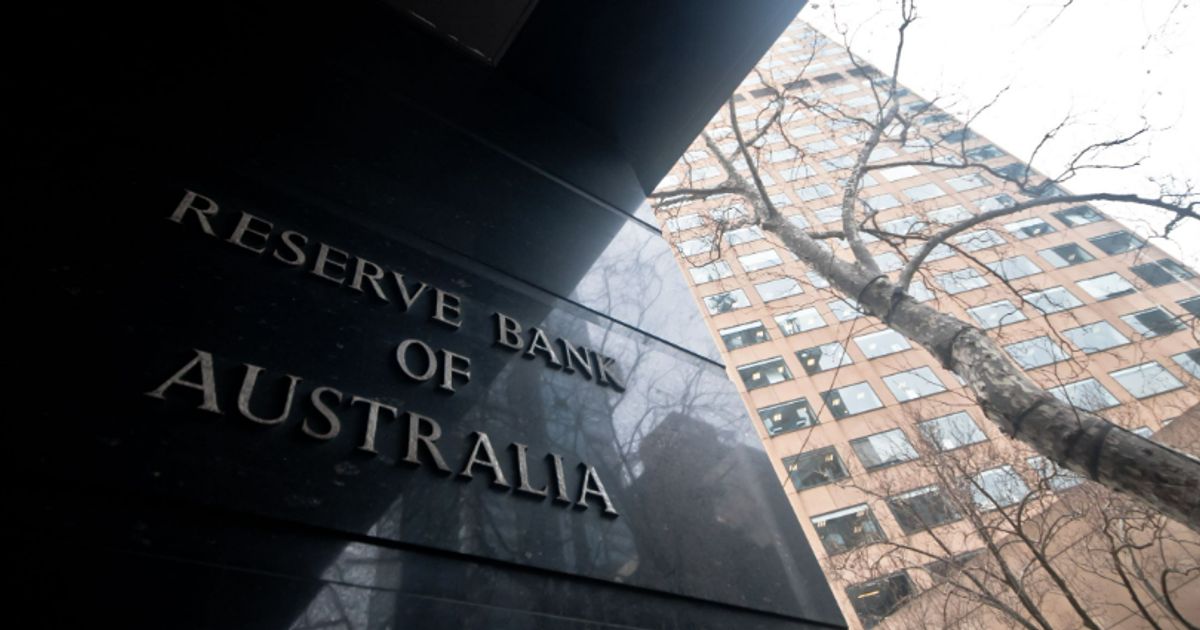What is the cash rate and how does it affect me?

What is the cash rate and how does it affect me?
The cash rate is the interest rate at which banks borrow and lend money to each other in the overnight market. In Australia, the cash rate is set by the Reserve Bank of Australia (RBA), which is the country's central bank. The cash rate is an important economic indicator that can have a significant impact on the Australian economy and on individuals' financial circumstances.
How the cash rate affects you:
- Home loans: The cash rate has a direct impact on home loan interest rates. When the RBA lowers the cash rate, banks typically pass on the savings to customers by lowering their home loan interest rates. This can make it more affordable for people to buy a home or refinance their existing home loan. On the other hand, when the RBA raises the cash rate, banks may increase their home loan interest rates, which can make it more expensive for people to borrow money.
- Savings accounts: The cash rate can also affect the interest rates on savings accounts. When the RBA lowers the cash rate, banks may reduce the interest rates on savings accounts to reflect the lower cost of borrowing money. This can make it less attractive to save money in a savings account. Conversely, when the RBA raises the cash rate, banks may increase the interest rates on savings accounts to encourage people to save more money.
- Inflation: The cash rate can also influence inflation rates. When the RBA lowers the cash rate, it can stimulate economic activity by encouraging borrowing and spending. However, this can also lead to higher inflation rates as more money is flowing into the economy. Conversely, when the RBA raises the cash rate, it can help to control inflation by reducing the amount of money in circulation.
- Exchange rates: The cash rate can also have an impact on the Australian dollar exchange rate. When the RBA raises the cash rate, it can make the Australian dollar more attractive to foreign investors, which can increase the demand for the currency and push up the exchange rate. Conversely, when the RBA lowers the cash rate, it can make the Australian dollar less attractive, which can lead to a lower exchange rate.
The cash rate is an important economic indicator that can have a significant impact on individuals' financial circumstances. Whether you are a homeowner, a saver, or an investor, it's important to understand how changes in the cash rate can affect your finances. Keeping track of the RBA's cash rate decisions and seeking advice from a financial advisor can help you make informed decisions about your financial future.
Speak to a mortgage broker today about refinancing to set yourself up to pay off your home faster and avoid paying unnecessary interest.
Read more:
Can you shorten your home loan term?
Consequences of Late Home Loan Repayments
How does rising inflation affect your borrowing power?
7 Ways to Pay Off Your Mortgage Sooner




